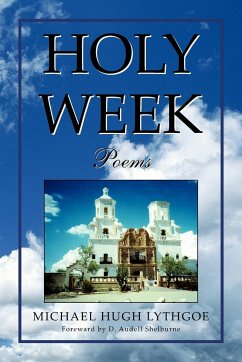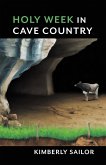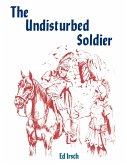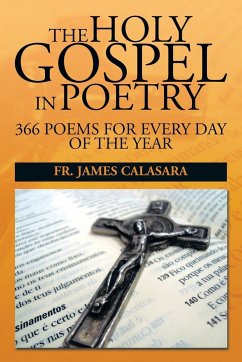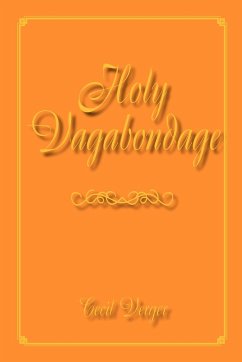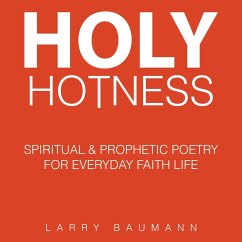Michael Hugh Lythgoe grew up in Evansville, Indiana. A retired Air Force officer, he holds an MFA from Bennington College. He worked for the Smithsonian Institution, and directed an educational foundation. He lives in Aiken, SC. His collection, BRASS, won the Kinloch Rivers chapbook contest in 2006. His poems, reviews and interviews appear in Windhover, The Writer's Chronicle, Christianity & Literature, The Caribbean Writer. Praise for BRASS: "In the riveting, precise language of an experienced poet, Lythgoe not only probes the horror of war with uncanny clarity and insight but leavens it with exquisite poems about art and color" (Larry Thomas, author of Where Skulls Speak Wind). Lythgoe's poems are frequently in tense settings facing potential destruction, yet they "seem to morph into the natural or the homespun without any sense of irony.almost hypnotic sonority.." (John Harris, editor of Praesidium) Prasise for Holy Week: "Shifting in remarkably spry fashion from gargoyles to bear-men to Degas to the Vietnam Veterans Memorial to knee surgery to Ash Wednesday, Lythgoe's poems read like a travelogue through .one man's diversely lived and deeply considered life. His poems are at once serious, surreal, and sacrosanct. In his work, tragedy and triumph are inevitable bedfellows (case in point, the poignant and mournful "Easter Sonnet"). Returning is all about the leaving, he writes. At their most profound, these poems are poems of loss. At 'his' most profound, he is a poet of redemption (Jill Alexander Essbaum, author of Harlot). From the Foreward by Audell Shelburne: "There is a Renaissance concept.known as copiousness, a fullness and richness that comes when a poem is complete, expansive, whole. It gains in richness from the texture of the details. It adds depth through the insight and thought of a considerate, kind and intelligent poet. Lythgoe's work is copious."

